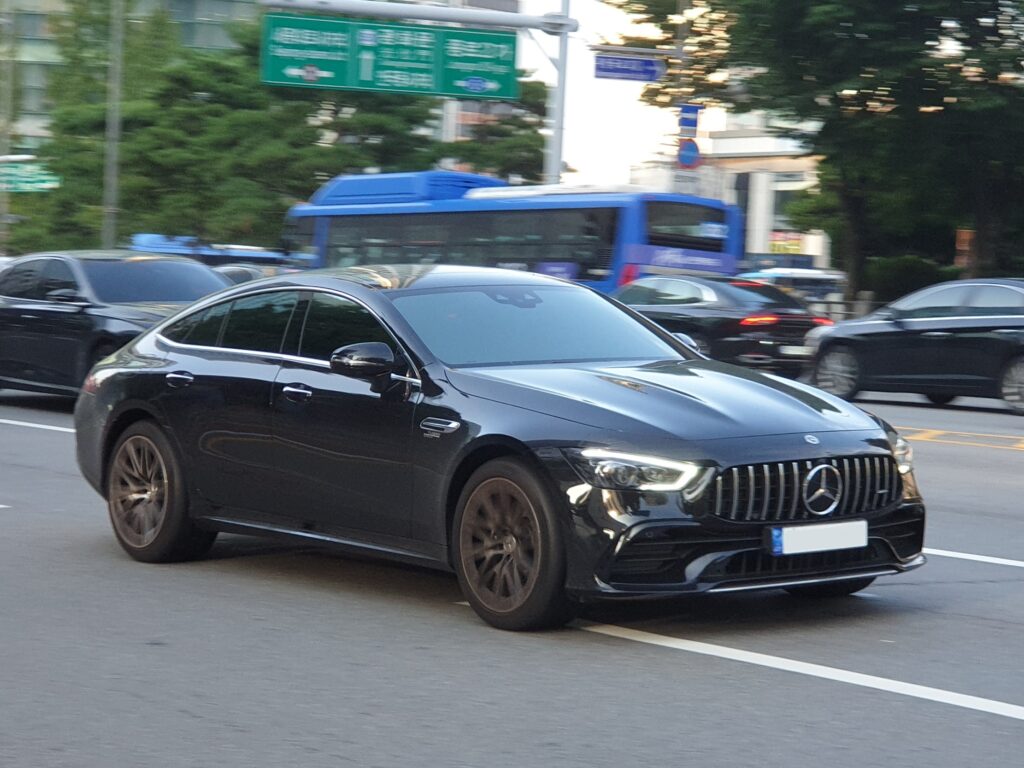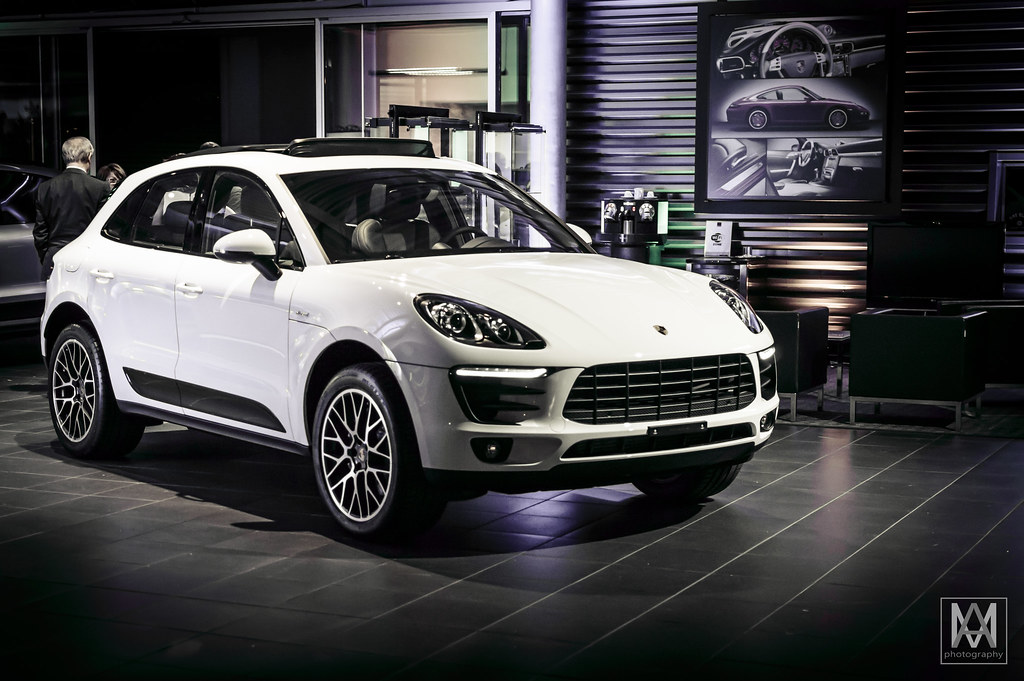Have you ever wondered what makes a vehicle reliable enough to become a cherished member of the family, outlasting even the most modern machines? It’s a question that car enthusiasts and everyday drivers alike ponder, especially when faced with the latest J.D. Power 2024 U.S. Vehicle Dependability StudySM (VDS) results. This study, which has been a beacon of insight for 35 years, reveals a concerning trend: vehicle dependability is on the decline after just three years of ownership. But what does this mean for those of us who hold the keys to a vehicle that has been with us for over three decades?
With an industry average of 190 problems per 100 vehicles (PP100), it’s clear that the rate of deterioration in vehicle dependability is accelerating. This year’s results show a 4 PP100 increase from the previous year, and a notable 17% increase in problems between the 90-day and three-year ownership marks. Frank Hanley, the senior director of auto benchmarking at J.D. Power, offers a glimpse into the reasons behind this trend. He points to the ‘tumultuous time’ during which these vehicles were built and the fact that owners are keeping their vehicles longer, with the average age on American roads hitting approximately 12 years.
One of the most problematic areas identified in the study is the infotainment category, with a staggering 49.1 PP100. This is nearly double the issues found in the next-highest category, exterior. The top culprits? Android Auto and Apple CarPlay connectivity issues, followed closely by built-in voice recognition problems. It’s a clear sign that as vehicles become more technologically advanced, the potential for issues increases.
It’s not just the fancy tech that’s causing headaches for drivers.
The study also highlights a growing annoyance with driver assistance alerts. Despite the initial belief that drivers would adapt to these alerts over time, the opposite seems to be true. Features like lane departure warning and forward collision warning are seeing increased problem levels, suggesting that familiarity doesn’t always breed content.
When it comes to the types of vehicles, it seems that electrified vehicles are presenting more challenges than their gas-powered and hybrid counterparts. Battery electric vehicles (BEVs) top the list of troublesome rides with 256 PP100, followed by plug-in hybrid electric vehicles (PHEVs) at 216 PP100. Interestingly, tires have become a significant issue for BEV owners, with 39% reporting tire replacements within the last year.

Despite these findings, there’s a silver lining for some automakers. Toyota Motor Corporation, for instance, has scooped up the most segment awards, a testament to their commitment to quality and dependability. Lexus, a part of the Toyota family, ranks highest overall in vehicle dependability for the second year in a row, with a score of 135 PP100. Porsche, Mercedes-Benz, and Toyota are the most improved brands, showing significant reductions in reported problems.
What does all this mean for our beloved family vehicle that has been going strong for 33 years?
It’s a reminder that reliability isn’t just about the absence of problems; it’s about the presence of enduring quality. It’s about a vehicle that’s built to withstand the test of time, to adapt to the changing needs of its owners, and to deliver a driving experience that’s as dependable as the day it rolled off the assembly line.
As we delve deeper into the secrets behind our family’s most reliable vehicle, we’ll explore the factors that contribute to its longevity, the memories it has helped create, and the lessons it can teach us about what truly makes a vehicle dependable. Stay tuned for a journey through time, where we celebrate the unwavering reliability of a vehicle that has become much more than just a mode of transportation—it’s a part of our family’s legacy.
Celebrating our family’s reliable vehicle, a symbol of lasting craftsmanship for 33 years.
This marvel on wheels has been a silent witness to countless family trips, milestones, and the everyday ebb and flow of life. It’s a story worth telling, a journey worth exploring, and a legacy that continues to unfold with every turn of the ignition.
Our beloved vehicle’s tale is one of steadfast dependability, a quality that seems to be waning in the modern automotive landscape. The J.D. Power 2024 U.S. Vehicle Dependability StudySM (VDS) has shown that vehicle dependability is on a downward trajectory, with an industry average of 190 problems per 100 vehicles (PP100). Yet, our family car, with its seasoned engine and well-worn seats, stands as a proud outlier to this trend.
It’s not just about the absence of problems; it’s about the presence of enduring quality.
This vehicle was built during a time when the focus was on creating machines that last, not just dazzle with the latest tech. And while infotainment systems are now the leading category for vehicle issues, with 49.1 PP100, our car’s simplicity has been its saving grace. No Android Auto or Apple CarPlay connectivity issues, no built-in voice recognition problems—just the pure, unadulterated joy of driving.
The study also highlights the growing annoyance with driver assistance alerts, which have increased in problem levels over time. Our vehicle, devoid of such modern ‘conveniences,’ offers a driving experience that’s free from the constant beeping and buzzing of alerts. It’s a silent sanctuary on wheels, where the only alerts come from our own senses and instincts.
Electrified vehicles, while heralded as the future of transportation, are showing more problems than their gas-powered and hybrid counterparts. BEVs top the list with 256 PP100, and PHEVs follow at 216 PP100. Our family car, with its trusty internal combustion engine, sidesteps these issues entirely. It’s a reminder that sometimes, the old ways still have their place in our rapidly evolving world.

Toyota Motor Corporation, with its nine segment awards, has shown that it’s possible to build vehicles that stand the test of time. Our car, while not a Toyota, shares the same spirit of reliability that has earned Toyota the top spot among mass market brands. It’s a spirit that’s woven into the very fabric of our vehicle, from the engine to the exhaust.
The most improved brands, Porsche, Mercedes-Benz, and Toyota, have made significant strides in reducing reported problems. Yet, our family vehicle has required no such improvements—it’s been getting it right from the start. With a score that would surely be off the charts if it were included in today’s studies, our car is a living legend among machines.
Reflecting on memories this vehicle has created, we learn true dependability from commitment to quality and longevity over flashiness. Our car is not just a vehicle; it’s a beloved part of our family, a symbol of reliability and longevity. It represents lasting value in a world of temporary things. We rely on it for every journey, just like we have for 33 years.
Related posts:
2024 Most Reliable Vehicles
Man Buys Most Reliable Minivan Ever, Takes Annual Photos Of His Children Growing Older In It As It Accrues 330,000 Miles
50 Classic Family Cars of the Past 50 Years





